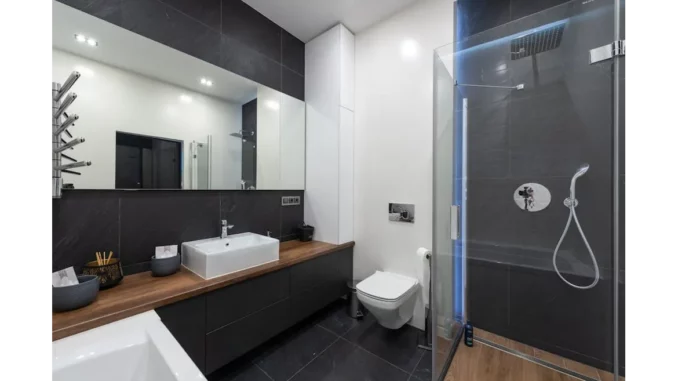
In the rapidly advancing realm of personal healthcare technology, the emergence of health-tracking toilet devices signifies a pivotal development. Unveiled during CES 2023, these innovative gadgets are poised to transform the way individuals monitor their health, converting a mundane daily activity into a source of critical health data. At the core of this innovation is a simple yet revolutionary concept: leveraging smart technology to analyse urine, thereby providing insights into a variety of health metrics. This article explores the potential of these devices, their operational mechanisms, and the broader implications for personal healthcare.
The concept of smart toilets is not entirely new; however, their utilisation for health monitoring represents a recent and exciting evolution. Traditionally, smart toilets were synonymous with luxury, offering features like heated seats, bidets, and automatic flushing. In contrast, the latest generation of smart toilets shifts focus towards health tracking by analysing urine—an abundant source of health information. This development marks a significant departure from mere comfort enhancements to a more functional and health-oriented application, promising to make daily health monitoring an effortless part of everyday life.
A frontrunner in this burgeoning field is Withings, a company renowned for its health-centric technological innovations. Their U-Scan device stands out as a compact and efficient tool that attaches directly to the toilet bowl. The U-Scan offers distinct cartridges tailored for different monitoring needs: one focuses on nutritional and metabolic data, measuring parameters such as pH levels, ketones, and vitamin C, while another caters to women’s health by tracking luteinizing hormone levels, aiding in ovulation prediction. The user-friendly nature of the U-Scan allows individuals to effortlessly monitor potential health issues right from their homes. The device’s ability to distinguish between urine and toilet water, as well as its capability to recognise different users by analysing flow dynamics, ensures the accuracy and personalisation of the data collected.
Joining Withings in this innovative market is Vivoo, a company with a strong background in at-home urine testing, now venturing into smart toilet technology. Vivoo’s device is ingeniously integrated into the toilet seat, featuring an ergonomic design that facilitates ease of use. This device swiftly analyses urine within 90 seconds, delivering personalised health and nutritional guidance through its companion app. The scientific robustness of Vivoo’s technology is underscored by citations from over 7,500 scientific articles and validations from healthcare professionals, guaranteeing that users receive trustworthy and actionable health insights.
The introduction of health-tracking toilets heralds a significant shift towards more accessible and continuous health monitoring. These devices empower users to keep track of their health metrics on a daily basis, reducing the need for frequent visits to healthcare professionals. Such innovations can potentially lead to the early detection of health issues, personalised health management, and a deeper comprehension of one’s health trends over time. The convenience of these devices encourages regular use, facilitating the collection of comprehensive health data. This is particularly advantageous for individuals managing chronic conditions or those keen on optimising their health and wellness.
Nevertheless, the promising potential of health-tracking toilets is accompanied by certain challenges. Regulatory approvals, such as FDA clearance in the United States, are crucial to ensure the safety and efficacy of these devices. Furthermore, addressing privacy concerns related to health data is essential to foster consumer trust. As these devices become more prevalent, their integration with other health monitoring tools could pave the way for a comprehensive personal healthcare ecosystem. Continued technological advancement is likely to enhance the accuracy and scope of health data collected through these devices, leading to more profound insights and improved healthcare management.
In summary, health-tracking toilet devices are on the brink of becoming a vital component of personal healthcare, offering a convenient and non-invasive means of monitoring health metrics. As they secure regulatory approval and gain consumer acceptance, these devices have the potential to revolutionise our approach to health monitoring and management. By seamlessly integrating health tracking into daily routines, they promise to empower individuals with greater control and understanding of their health, ultimately fostering a proactive approach to personal well-being.


Be the first to comment